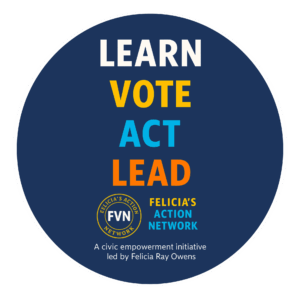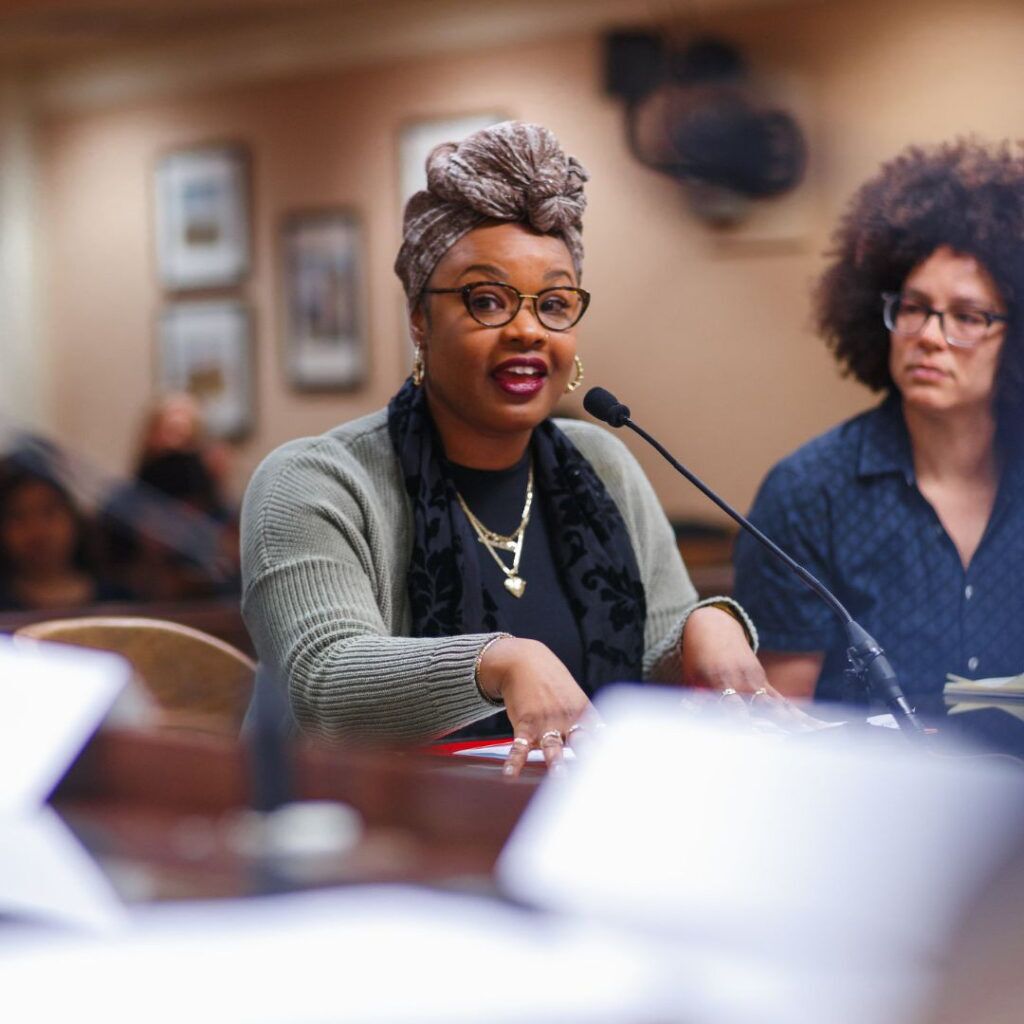
Daily Show for May 21, 2025
May 22, 2025
New book attempts to untangle the deep roots of sexism and racism in America
May 22, 2025The effects of Trump’s reshaping of NSF and other national science agencies will be felt far beyond these institutions.
Trump’s aversion to science and research is well-known. So, it is not surprising that the country’s top scientific research agencies, including the National Science Foundation (NSF) and the National Institutes of Health (NIH), were among those targeted under his anti-Diversity, Equity and Inclusion executive orders and reckless federal funding cuts. At the NSF—where, along with the NIH, about 40 percent of all basic research in the U.S. is conducted—the fallout was immediate and extensive. Grant money was frozen, and any new grant reviews were halted, plunging thousands of researchers into uncertainty.
Research projects focused on race and gender are facing the brunt of these executive actions. These include projects doing critical work to understand gender and racial disparities in the sciences and develop initiatives to make them more equitable.
In the U.S., STEM professions are highly inequitable and continue to be male and white-dominated. According to one 2023 estimate, only 28 percent of the U.S. STEM workforce is women. Women professors in STEM face significant barriers to achieving tenure and promotion compared to their male colleagues. Women professors also often leave their jobs at a much higher rate. These are just a few among the many issues that DEI initiatives like the ADVANCE program sought to address within NSF and NIH.
The ADVANCE program website was archived on Jan. 31, 2025. On Apr. 18, 2025, after weeks of uncertainty, the NSF posted an update on its new priorities. According to this update, awards that will be terminated include, but are not limited to, those celebrating diversity, equity, and inclusion. Since then, hundreds of NSF and NIH grants at institutions across the country, including ADVANCE grants, have been terminated.
According to one 2023 estimate, only 28 percent of the U.S. STEM workforce is women.
The ADVANCE grant program was founded in 2001 by NSF to support institutional change and increase the representation and advancement of women in academic STEM fields. NSF recognized that despite two decades of efforts to create more opportunities for women in STEM, systemic barriers remained. By its 20th year, the ADVANCE program had supported over 200 institutions with over $365 million in grants. These grants fund various multi-year initiatives to support women faculty through seminars, peer mentoring, professional development, advocates and allies’ programs, as well as institutional surveys to identify barriers and bias. The ADVANCE program has also evolved to become more inclusive. In 2016, it mandated that all funded initiatives should have an intersectional lens by addressing race, nationality, ability, and other factors that shape the barriers faced by women and minority faculty.
ADVANCE grants, large and small, have positively impacted women faculty at various institutions. They have produced a nationwide inter-institutional support network of women faculty members and administrators in STEM higher education. They have allowed women faculty to initiate meaningful conversations about gender, racial equity, and intersectionality within their STEM departments. For many women in STEM higher education, ADVANCE grants were a critical lifeline.
For Dr. Sue Rosser, who has served as the Principal Investigator on numerous ADVANCE grants, the significance of initiatives such as ADVANCE is clear. “Several studies have documented that in both basic and applied research, diverse teams are more productive and innovative than non-diverse teams,” Rosser explained. “Restricting gender and racial equity and inclusion efforts undercuts U.S. science and technology.”
Certainly, there are critiques of institutional DEI initiatives worth discussing. However, the Trump administration is not interested in reforming programs or making them more efficient. Labeling all equity-focused initiatives as “wokeness,” “discrimination,” and “wasteful spending” is really about putting up new barriers for women and minorities. If you’re not convinced, simply look at the press release published by the U.S. Senate Committee on Commerce, Science, and Transportation in February. Titled “Cruz-led investigation uncovers $2 Billion in woke DEI grants at NSF,” it includes a list of federally funded projects that the administration deems to be noncompliant with its executive orders. The grounds for non-compliance are broadly identified as race, gender, social justice, and environmental justice. Unsurprisingly, several projects funded by the ADVANCE program are on the list.
Labeling all equity-focused initiatives as “wokeness,” “discrimination,” and “wasteful spending” is really about putting up new barriers for women and minorities
A few months ago, creating mentoring groups and other resources for women faculty, or publishing research articles about gender and racial equity issues in STEM, was commonplace. These types of initiatives would never land you on a government “hit list.” But that is the reality we live in now. Dr. Susan Shaw, Professor at Oregon State University, Ms. contributor, and Senior Editor of the ADVANCE Journal, which publishes research on gender equity and institutional transformation in STEM higher education, laments this shift. “The uncertainty created by the threats to grant funding is incredibly demoralizing,” she said. “We have been working to create more inclusive, equitable, and just working environments for women and other minoritized people in academic STEM through publishing research, narratives, and artworks. Now, suddenly, that’s a bad thing?” The NSF ADVANCE grant, which funded the journal, was terminated just a few weeks ago.
Trump’s attack on what his administration deems “illegal DEI” ignores several critical and validating aspects of these inclusivity projects. First, any project funded by the national science agencies undergoes a rigorous selection and review process by experts. Second, funding for equity projects is not a handout: it is the result of decades of work by women and minorities demanding an end to systemic discrimination and equal opportunities. For instance, the ADVANCE program was created soon after the release of the explosive “MIT report,” which was compiled through the relentless efforts of Professor Nancy Hopkins in 1999. The report detailed the gender inequities and discrimination, including pay disparity, faced by women in the sciences at MIT.
Further, it is important to remember that what breaks the law is not diversity, equity and inclusion work but the elimination of DEI at agencies like the NSF. NSF’s initiative to expand opportunities for women and minorities is coded into various laws going back to the Science and Engineering Equal Opportunities Act of 1980. The NSF is congressionally mandated to assess how its projects increase the participation of women and minorities in STEM.
As Trump’s war on inclusion and science continues, the future of NSF’s 45-year-long commitment to creating equity in STEM looks bleak. NSF’s new policies state that “projects that have limited impact or rely on DEI frameworks or advocacy do not effectuate NSF priorities.” The effects of such reshaping of NSF and other national science agencies will be felt far beyond these institutions. Not only will equity in STEM remain a faraway dream; we will lose the progress we have worked so hard to make.
Great Job Theoria Praxis & the Team @ Ms. Magazine Source link for sharing this story.








